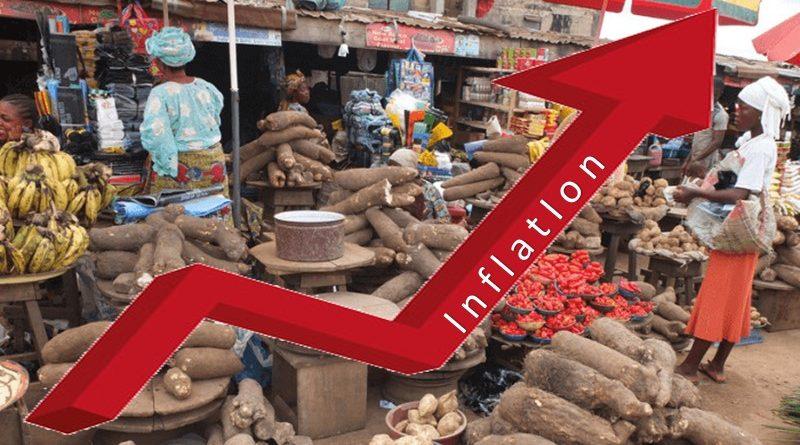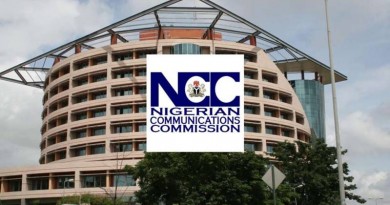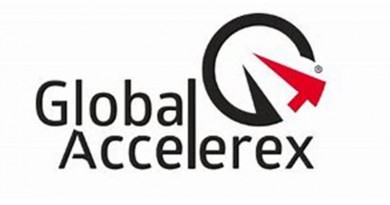Inflation rate in Nigeria hit 28.92 percent in December 2023
The December 2023 Consumer Price Index (CPI) and Inflation report from the National Bureau of Statistics (NBS) has revealed that Nigeria’s headline inflation rate has increased to 28.92 percent. This represents a 7.58 percentage point rise compared to the 21.34 percent recorded in December 2022, and a 0.72 percentage point increase from the 28.20 percent recorded in November 2023. It is important to note that the current inflation rate is 11.76 percentage points higher than the 2023 budget assumption of 17.16 percent.
The food inflation rate has also seen a significant increase, rising to 33.93 percent from 23.75 percent in December 2022, indicating a 10.18 percentage point increase. The persistent rise in inflation can be attributed to various factors, including the escalating cost of food, high transportation expenses, elevated energy prices, expensive imports, and depreciation of the exchange rate. These factors not only diminish the purchasing power of consumers but also contribute to a higher cost of living and potential economic repercussions.
Despite the government’s declaration of a state of emergency in the food sector six months ago (July 13, 2023), food inflation and food insecurity continue to persist. It is crucial to prioritize enhancing agricultural resilience and security to boost food production and mitigate food inflation. Additionally, promoting domestic production through improved access to credit and infrastructure is necessary to address the issue of imported inflation resulting from high import costs.
To combat inflation and achieve macroeconomic stability, it is imperative to strengthen reform efforts by implementing a well-coordinated combination of monetary, fiscal, and foreign exchange policies. These measures will help lower inflation rates and foster a more stable economic environment.




